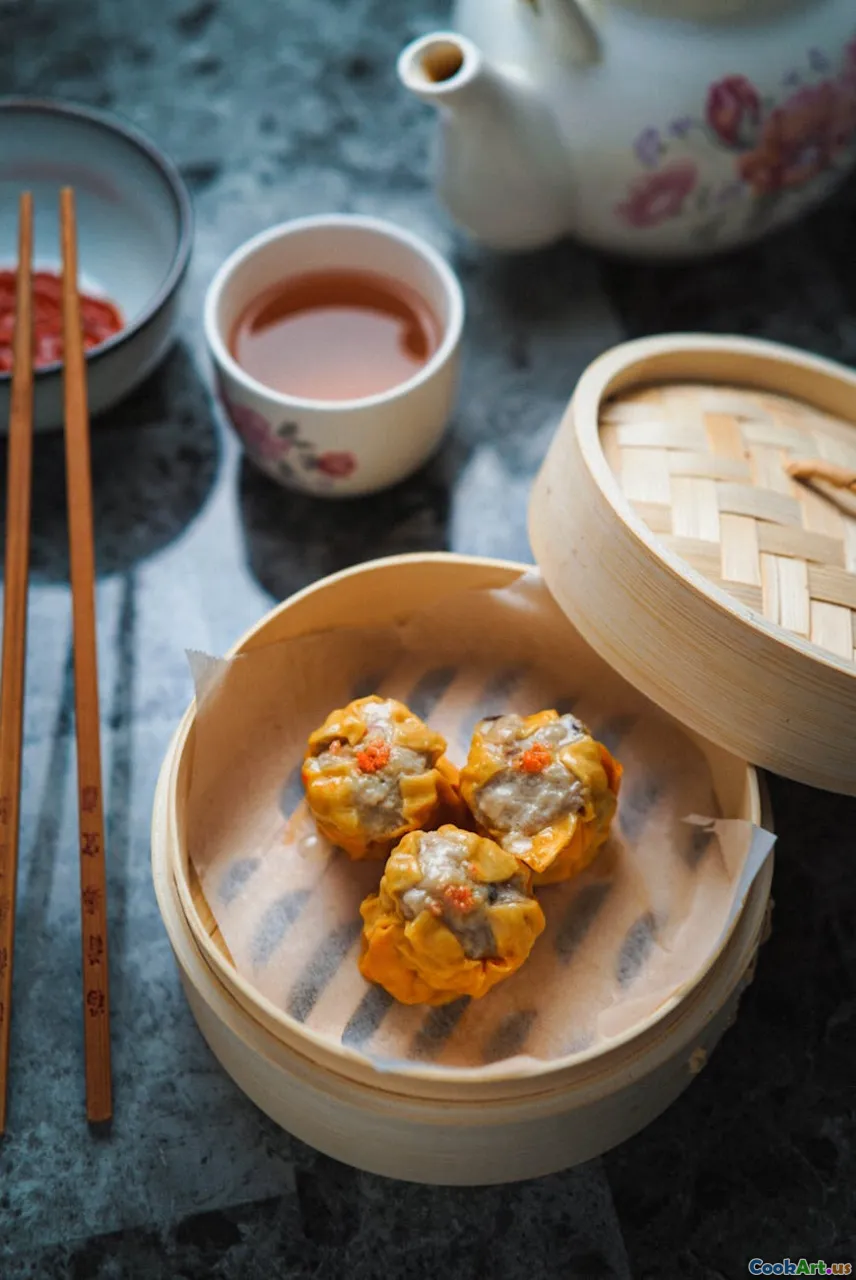Traditional Cooking Methods and Their Impact
5 min read Explore the significance of traditional cooking methods and their cultural impact on global cuisines, flavors, and community bonding. April 08, 2025 13:00
Traditional Cooking Methods and Their Impact
Cooking is more than just a means of sustenance; it is an art form deeply intertwined with culture, history, and community. Traditional cooking methods have been passed down through generations, each technique reflecting the unique heritage of a region. This article explores the various traditional cooking methods around the world, their cultural significance, and the impact they have on our culinary landscape today.
The Essence of Traditional Cooking
Traditional cooking methods often arise from the necessity of their environments. Whether it's the use of fire, steam, or fermentation, these techniques are a testament to human ingenuity and adaptability. For instance, the use of clay pots in Mediterranean regions not only enhances flavors but also provides a unique cooking surface that retains heat evenly, a method still cherished in many homes today.
Cooking Over Fire: A Universal Technique
One of the oldest cooking methods is grilling or roasting over an open flame. From the backyard barbecues of America to the asado of Argentina, cooking over fire brings communities together. This method not only imparts a distinct flavor to the food but also fosters a sense of togetherness. In many cultures, the act of cooking over fire is a communal event, where stories are shared, and bonds are strengthened.
Steaming: A Healthier Choice
Steaming is another traditional cooking method that has stood the test of time. Found in Asian cuisines, such as Chinese dim sum or Japanese bamboo steaming, this method preserves the nutrients in food while enhancing its natural flavors. The traditional bamboo steamer, for instance, allows for the infusion of flavors from the steaming process, creating dishes that are both healthy and delicious.
Fermentation: A Culinary Alchemy
Fermentation is a celebrated traditional method that transforms food into something greater. From the tangy kimchi of Korea to the rich flavors of miso in Japan, fermentation not only preserves food but also enhances its nutritional profile. Through this ancient technique, microorganisms work their magic, creating complex flavors and textures that are now staples in global cuisines.
Cultural Significance of Traditional Methods
The impact of traditional cooking methods extends beyond just the food itself; they are a reflection of cultural identity and heritage. For many communities, these methods are a way of preserving history. For example, the intricate process of making masa for tortillas in Mexican cuisine is not just about the end product; it is about the rituals and stories that accompany it.
Sustainability and Community
In today's world, as we face challenges related to food sustainability and health, there is a renewed interest in these traditional methods. They often promote sustainable practices, such as foraging, using local ingredients, and minimizing waste. Communities are coming together to revive these techniques, fostering a sense of pride and connection to their roots.
Conclusion
Traditional cooking methods are much more than just techniques; they are a bridge to our past, a means of cultural expression, and a way to connect with others. As we embrace modern culinary innovations, it is essential to keep these age-old practices alive. They remind us of the importance of community, sustainability, and the rich tapestry of flavors that our diverse world has to offer. By understanding and valuing these traditional methods, we can ensure that they continue to enrich our lives and palates for generations to come.









